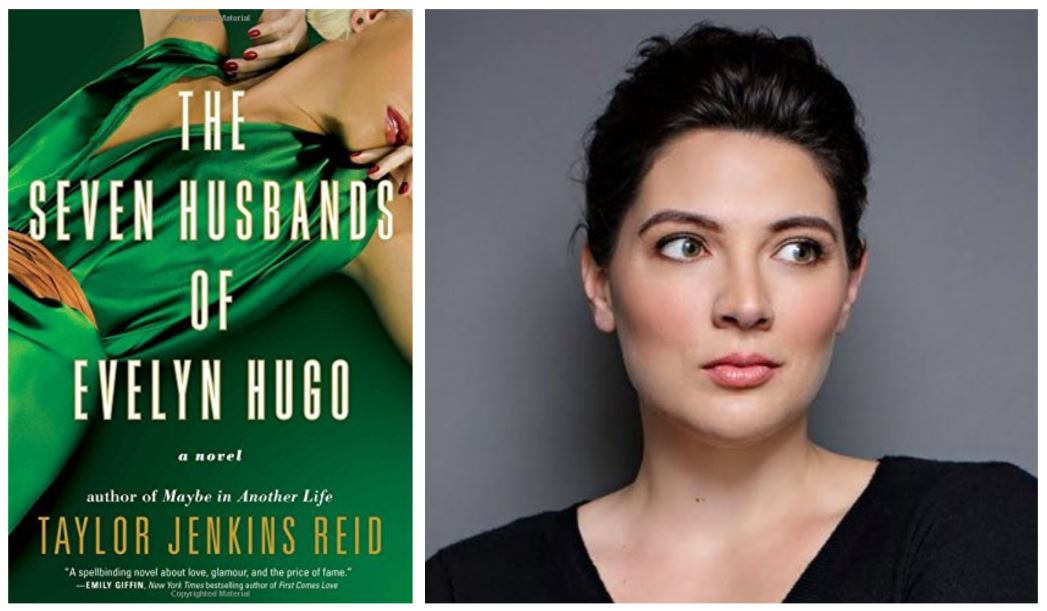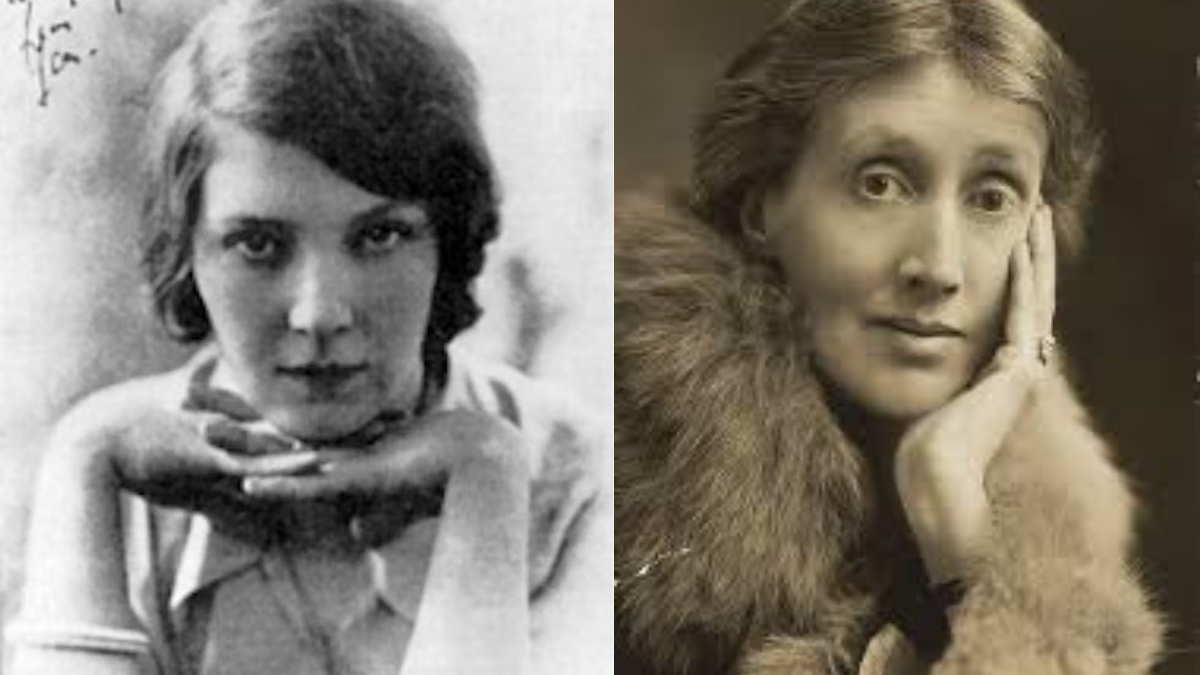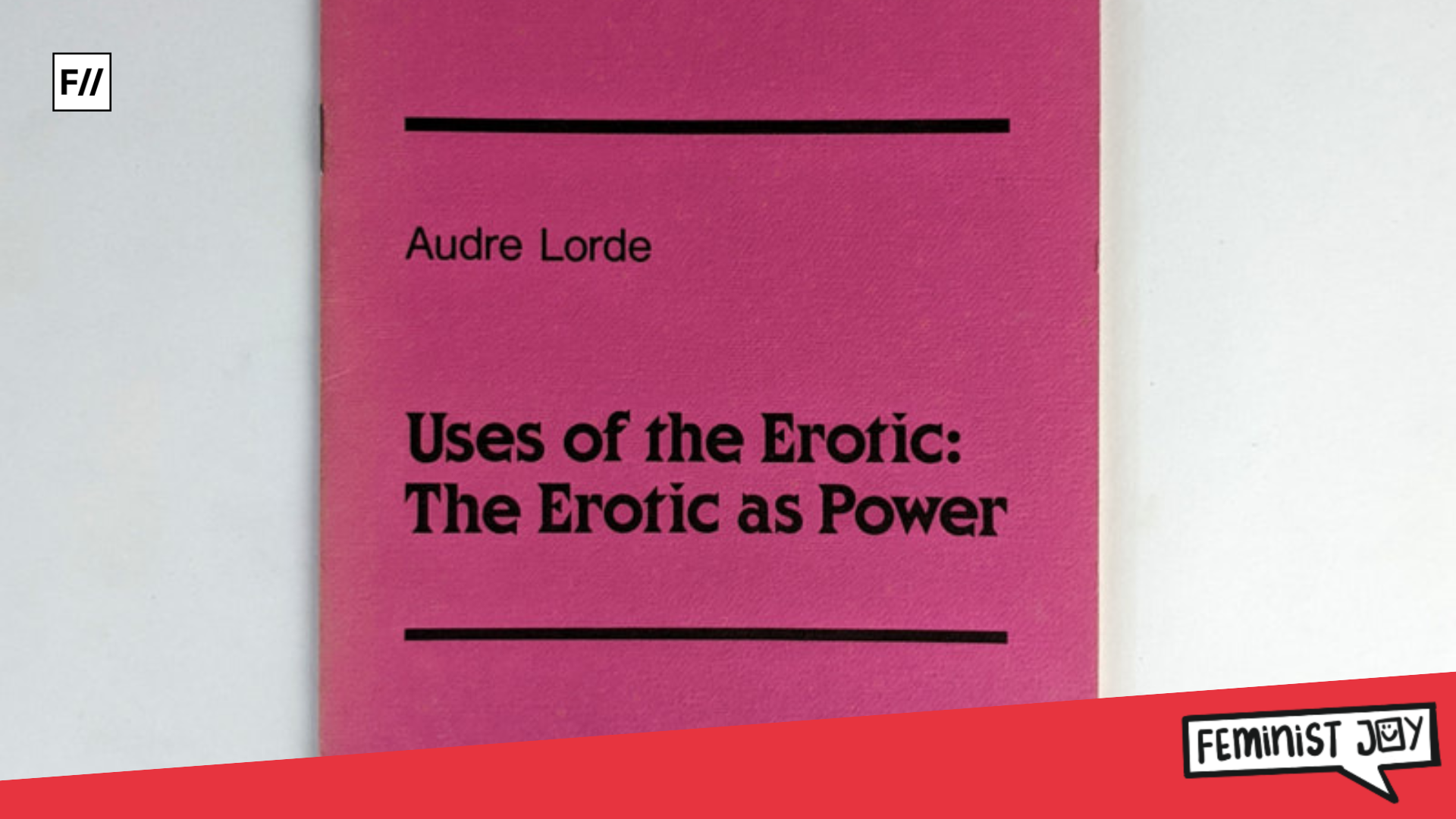2019 has been a great reading year for me so far, and I am really fortunate to have discovered some diverse, feminist novels. One book which really stood out for me was The Seven Husbands of Evelyn Hugo, by Taylor Jenkins Reid. The book was published in June, 2017, by Atria books, and made headlines almost instantly. It also boasts of a rating of 4.28 out of 5 on Goodreads. I decided to pick this one up after reading really great things bookstagrammer Resh Susan had written about this one in her blog. To read her entire post, check here.

The book revolves around the life of yesteryear Hollywood star Evelyn Hugo who narrates the story of her life to her biographer Monique Grant (whom she is connected to in a way you would not be able to guess until the penultimate chapter). Throughout the course of the book, we learn about Hugo’s teenange years, her breakthrough into Hollywood, her personal life, and her rise to stardom, which happened at a great personal cost.
However, what makes this narrative different from many other exciting tabloid-like pageturner, is a very nuanced explorations of sensitive issues such as closet bisexuality and homosexuality, domestic abuse, racism, and misogyny in the film industry and otherwise. The prose is lucid and makes the book an easy read, and although the story spreads out over around 400 pages, you would never really want to put it down.
Also read: Read and Resist: Why I Find Feminist Reading Groups Important
Born as a Latina woman, Evelyn Herrera, Hugo trades her virginity and gets married for the first time for a ride to Hollywood from an abusive household in Hell’s Kitchen, and soon rises the ladders in the industry owing to both her talent as well as her sexuality. She is unapologetic about her life choices, and about using her body to get important roles. Bold, confident, passionate, and determined Hugo sees nothing wrong in trading sex for opportunities to carve a path for herself in an industry which is inherently nepotistic, racist, and misogynist.
Bold, confident, passionate, and determined Hugo sees nothing wrong in trading sex for opportunities to carve a path for herself in an industry which is inherently nepotistic, racist, and misogynist.
Even in the 1970s, she stands strong as a self-made woman, thoroughly denouncing the stereotype that female stars have a shelf date, or their careers are over or diminished after marriage. She does not just stand up for herself, but during the course of the book, she also helps Monique stand up for herself and become a better, more fierce decision-maker.
Sensitive LGBTQIA+ fiction is rare to come across even today, and in my opinion, this book qualifies to be one of those rare stories. Hugo is a bisexual, and she speaks of being a bisexual at times when it was not recognised widely as a legitimate orientation. She makes it very clear that she is not a homosexual, and insists continually for all the characters in the book to get it right. Her relationship with Celia focuses a lot on how sexuality is not a binary, and how every relationship is unique in itself rather being a competition (despite the participants’ gender or sexual orientation).
Hugo is a bisexual, and she speaks of being a bisexual at times when it was not recognised widely as a legitimate orientation.
The relationship between Harry and John is yet another significant aspect of the novel, and everything about their dynamics is really touching. These two relationships also teach you how huge a privilege it really is to be able to make your love known to the world without the fear of it altering your identity forever. Sexuality and love, intimacy and marriage, are all ideals explored very carefully by Reid – blurring many conventionally taken-for-granted boundaries in the process. The novel is truly thought provoking, especially with reference to these topics.
The book also talks about sex and female desire boldly and openly so, and raises important question about the power dynamics involved in the act of intercourse and sexual pleasure. I particularly found the prose very powerful while it dealt with this specific subject. Hugo is not a character who is perfect, or shaped to be loved by all readers alike. But I loved her with all my heart and soul because of how unapologetic she was in her imperfections, knowing through and through that those are what made her the woman she has become, and she would not trade it for the world.
Also read: Book Review: When I Hit You, Or, A Portrait Of The Writer As A Young Wife By Meena Kandasamy
Writing any more might already reveal even more spoilers than I already have. I would just recommend absolutely anybody to pick this book up and give it a try. It will cure your slump, keep you up at the night, make you laugh and cry and love and regret, and gift you with such a rich experience that you would be left wanting for more. You can buy the book here.
About the author(s)
Ekata is an intersectional feminist. Literature and cinema enthusiast. Puts the pro in procrastinator.




